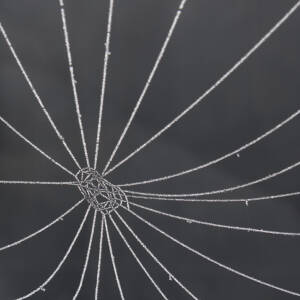Up my street
Not long after the story below I house-hunted during election time and chose where I wanted to live based in part on the political posters in the windows. I’d still choose this street.
...................................
Once upon a time my job was to promote good relationships between Britain and other countries though education and culture.
Thirty years and three weeks ago, when I was doing that in Cameroon, I got a message from the cultural attaché at the Netherlands embassy, suggesting that the EU states get together to talk about doing something cultural on a Europe-wide scale in, say, September. At our first meeting the Italians suggested that we each put on an opera. I mentally calculated the cost of bringing an orchestra and an opera company to Cameroon and panicked. The French suggested ballet. I didn’t need to do the sums again. ‘This is very expensive,’ I said as diplomatically as I could, ‘I’m not sure we can commit to that.’ The southern Europeans rolled their eyes. Someone suggested an art exhibition. I thought of the transport costs and the insurance. The meeting ended in ill-concealed conflict.
At our next meeting the same ideas came up and I said that no, from a British perspective it just wasn’t possible. The Italian cultural attaché shook his head and the French cultural attaché commented above his breath on the negative British. The German, looking anxious, said that there must be a solution that satisfied us all. At that point the Greek joined our gathering for the first time asking if he was in the right place and the northern Europeans rolled their eyes. We discussed some more and I heard myself saying ‘No,’ every few sentences. The whole thing was most odd. I am not someone who says ‘No,’ to ideas but faced with this lot of unrealistic idealists what else could I do? I got on well with everyone one-to-one but once we were in a group we all conformed to stereotype.
The Netherlander said he was sure that we could find a way to work together and suggested a film festival. The northern Europeans sighed in relief and the southerners told us we were unimaginative. At the end of the meeting the Netherlander announced that since it was almost the end of June and the EU presidency passed to the UK on 1 July, I would be taking over organising the event and the British ambassador would host the international reception.
At which point I felt like leaving the EU.
I went to report to the British ambassador about what was going on, expecting to be told how badly I’d handled things. Instead he roared with laughter at my naivety. ‘European tribalism,’ he said. ‘European tribalism. You’ll get used to it. Just tell them that as we are president our film will open the festival.’
I hosted the next meeting, at which everyone, north and south (except the Greek, who hadn’t turned up), was infuriated by the arrogant British insistence on coming first. The only point of agreement was that we’d have 16mm film not 35mm. The Italian, French and Spanish representatives then all announced they were returning to Europe for the summer and that they’d pick up when they returned on 1 September. I confess I was once again heard conforming to British stereotype.
I spent the next two months, alongside the rest of my work, discussing the choice of British film and arranging its shipment to Yaoundé, organising a venue, renting a projector, drafting the invitations and putting together the programme for printing.
Come September the British ambassador hosted an excellent reception, the Europeans all got on magnificently (despite Athens having sent a 35mm film so the Greek had to run round looking for a projector that could show it (sadly in reel order 2,3,1)), the hall was packed every night for a week and the audience loved it.
The European project is flawed. We argue. We get things wrong. We bring out the worst in each other. And when we pull together we get things spectacularly right.

Comments
Sign in or get an account to comment.


